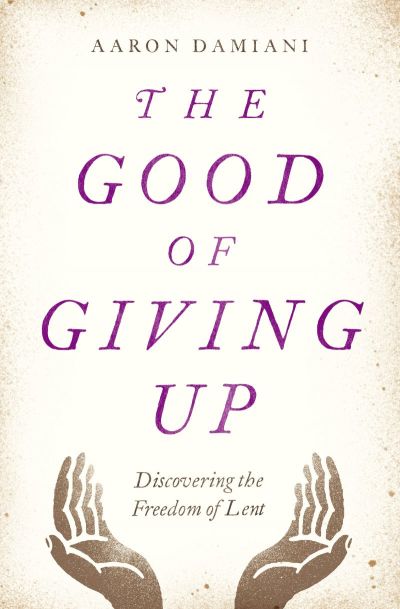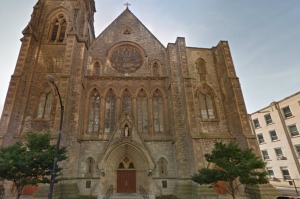Why Lent Is for All Christians

A common misconception about the Christian season of Lent is that it's only for the other Christians: the Catholic Christians, the super-spiritual Christians, the Orthodox Christians, or the millennial Christians who've decided they love liturgy and incense.
But Lent isn't just for a select few Christians. Indeed, all Christians are invited to participate in this spiritually formative season — not to earn their salvation, but to internalize what it means to be saved. We need a spiritual spring to clear the brush and make room in our souls for the Gospel to take root.
I didn't grow up observing Lent. I was raised to follow Jesus by reading and obeying the Scriptures, which never once mentioned the word "Lent." But along the way, I discovered that the path of Lent — fasting, prayer and generosity over a period of time — is heavily emphasized by the authors of and characters in the Bible, including Moses, Elijah, and Jesus. Our Savior himself commended all three Lenten disciplines in his famous Sermon on the Mount (Matthew 6:1-18) and expected that his disciples would fast after his resurrection (Matthew 9:15).
Jesus himself wore the gentle harness of fasting, prayer and generosity. It yoked him closely to his Father's love and power. And his earliest followers followed suit.

The Christians living under Roman persecution took up this same gentle harness to stay close to their Savior. They needed the spiritual ballast that Christ offers to those who draw near to him in prayer, fasting and generosity. What's more, it was a practical means of discipleship for the many converts coming out of pagan backgrounds. And it funded their works of mercy as they took in widows and rescued infants left to die in the back alleys of their cities.
For all these reasons and more, the pastor-theologians who gathered at the Counsel of Nicea in 325 AD decided to commend all Christians to a universal 40 day period of fasting, prayer and generosity in anticipation of Easter. These are the same leaders who gave us the Nicene Creed and the precious doctrines it clarified, including Christ's full deity and status as co-eternal with the Father.
Why would we receive the theological gift of Nicea but not the pastoral one? Both belong to the whole church, not just the "other" Christians.
Finally, the season of Lent connects us in a practical way with the global, suffering church. Christians in the affluent West can embrace Lent as an opportunity to stand in solidarity with their brothers and sisters who are persecuted for their faithfulness to Jesus Christ.
A recent report by Open Doors International reported that over 100 million Christians are being persecuted for their faith. As we lay aside a few comforts and excesses this year during Lent, we can devote our prayers and funds to strengthen our suffering family members, whether across town or across the ocean. And like all other Lenten practices, that loving solidarity can extend well beyond Easter.
As a pastor, I am aware that no one likes to be forced or shamed into spiritual practices. I certainly don't! So hear this as an invitation to a joyful pilgrimage, not a forced march.
I find that Lent is very much like a trip to the Holy Land, a spiritual journey that makes the Bible come alive. The 40 days of struggle and repentance help us see that salvation-history is not a spectator sport, but a vivid drama in which we are called to participate. And no Christian should be left out.
And Lent is not our ultimate destination. The joy of the resurrection awaits. Christians of Eastern traditions love to refer to the "Bright Sadness" that marks every Christian who will endure the darkness leading up to Easter.
In the Lenten Spring, winter is giving way to summer — life and sunrise and a great feast are ahead. Each day's light is longer than the last. Lent, then is a profound picture of the Christian journey. It stands between our deliverance and our home. It is a time of faith and longing, hope and expectation.
The invitation to practice Lent extends to all Christians, not just a select few. The pattern is laid out in Scripture and born out in the practices of the early church. It bonds us to the suffering church and prepares us for Easter. May this Lent become a spiritual spring not just for the select few, but also for you.





























